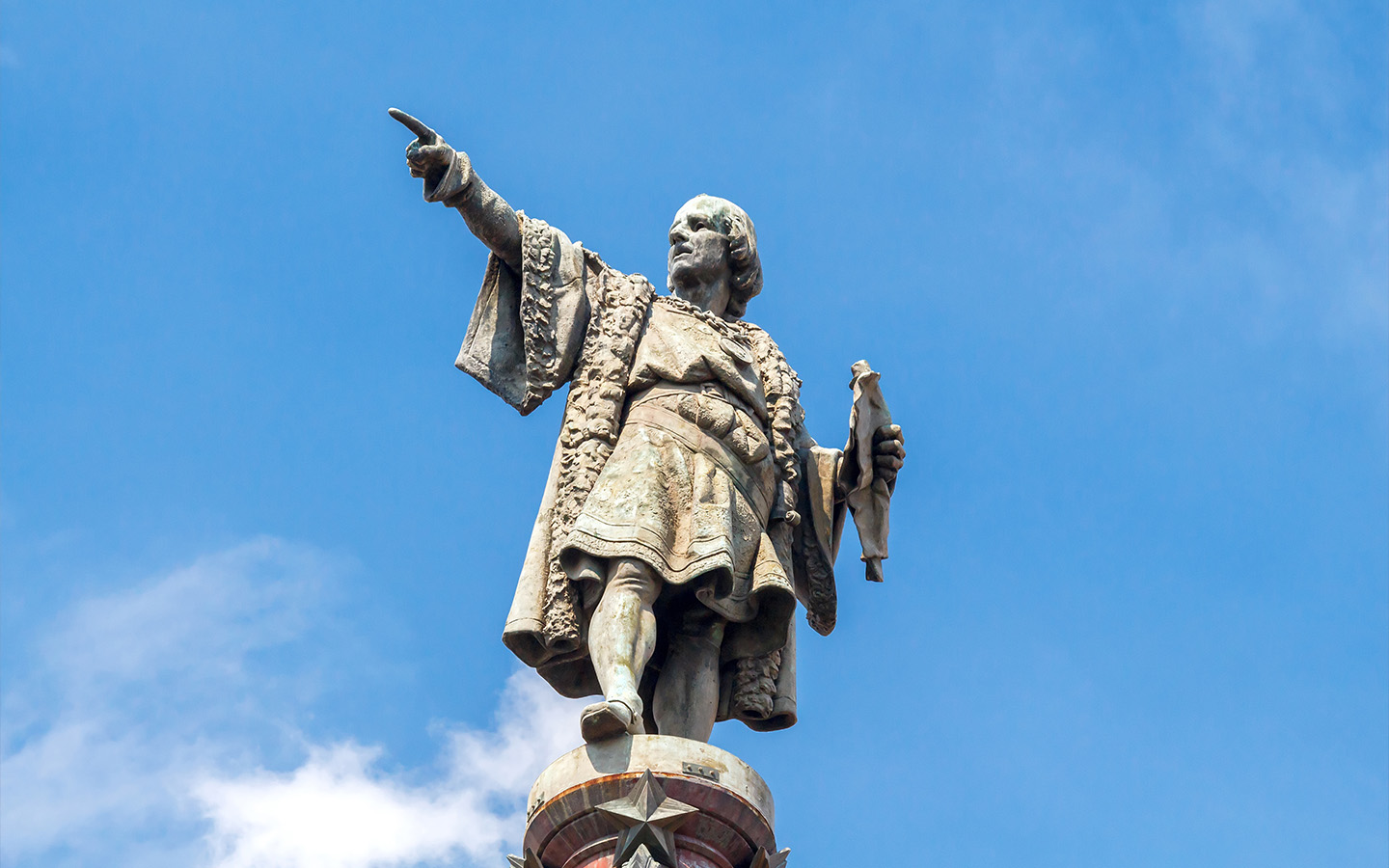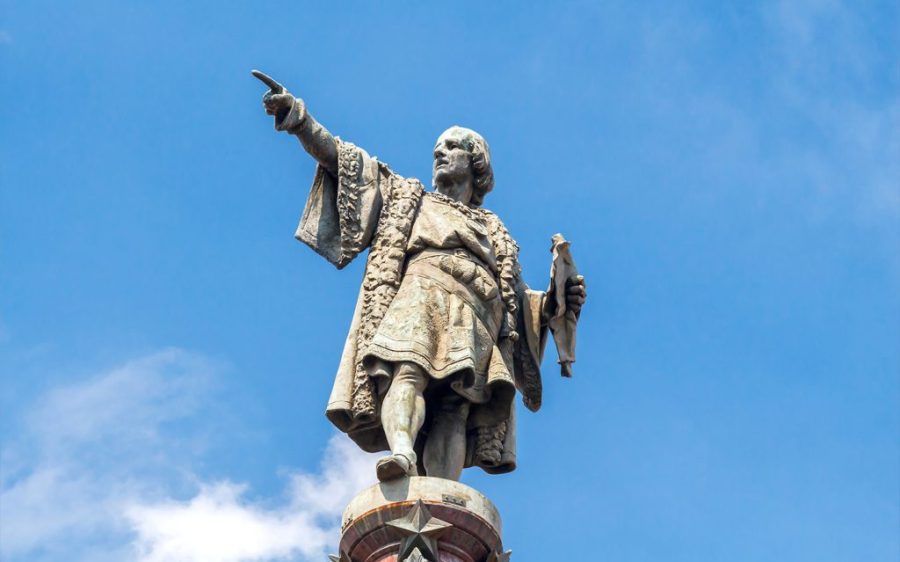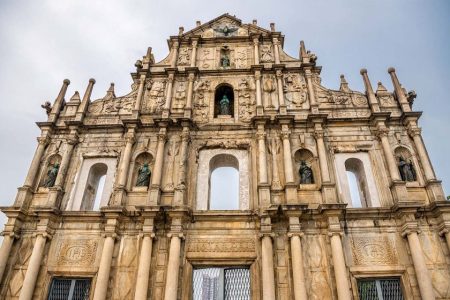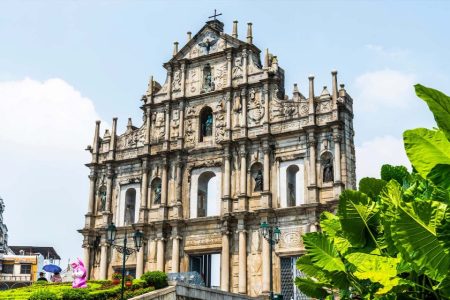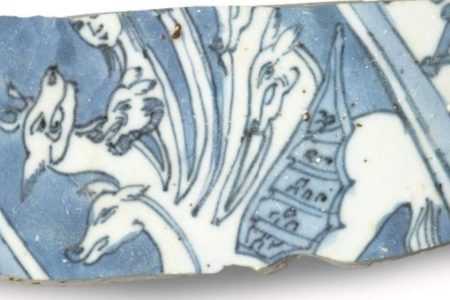Centuries before the United States marked Columbus Day – observed this year on 13 October – the Italian born explorer was viewed as a major irritant to the Portuguese throne. He was not unknown to the coastal nation, having Iberian ties through his marriage to a Portuguese noblewoman and his residence on Porto Santo, an island adjacent to Madeira.
For Lisbon’s sitting monarchy, Columbus was considered a pushy nuisance, and it was thought that his exploratory ambitions far exceeded his nautical acumen. At the same time, he managed to exploit any maritime competition between the Iberian rivals to win over the financial resources that funded those voyages, explains Cambridge historian Roger Crowley, author of Conquerors: How Portugal Forged the First Global Empire and Spice: The 16th-Century Contest That Shaped the Modern World, to Macao News.
[See more: Roger Crowley’s Conquerors recounts the 16th century quest for knowledge – and the ethical cost]
Just a few years before Portugal’s Bartolomeu Dias navigated the southern tip of Africa in 1488, Columbus proposed what he saw was a shorter route to Asia via the Atlantic Ocean. King João II rejected this plan, dismissing Columbus’s thesis that the world was smaller than what the Portuguese estimated. Dias’s success in Southern Africa closed any future doors for Columbus, who later put forward his itinerary to Spanish royals, ultimately securing their sponsorship for his voyage to the Americas.
In just over two months, Columbus’s 1492 journey reached the Bahamas, which were mistakenly believed to be part of Asia. Seven months after departing Spain, the fleet returned to Europe, stopping briefly in Lisbon ahead of its return to Seville in what some speculate was a deliberate attempt to taunt the Portuguese king. It also led to a confrontation that could have altered the course of history.
Would anyone miss him?
The Age of Discovery was driven not only by monetary gains but also by the pursuit of information from the outside world. Knowledge, especially about the unforgiving oceans, foreign cultures, and exotic spices, was a prized intangible commodity, guarded by a select few and punishable by death if shared.
Citing João II vs. Columbo by José Manuel Garcia, Crowley noted that advisers to King João II had considered killing Columbus during his stop in Lisbon since it was unlikely that the Spaniards were aware of the voyage’s success. It was also not inconceivable that Columbus might have perished into the unknown Atlantic.
Yet, despite likely agreeing that it would have been in Portugal’s strategic interests, João II inevitably decided against the advice, judging that it would trigger an incendiary response from the Spanish king. Doing so would have also gone against the moral character of a Fidalgo, the ideology of acting honourably as the “son of someone,” Crowley says.
[See more: Roger Crowley’s Spice is a must read for lovers of Macao history]
Columbus would leave Lisbon and head to Seville, passing on his newly discovered oceanic route that opened the Atlantic Ocean to the Spanish. In response, João II petitioned that Columbus infringed on Portugal’s maritime territory in accordance with a treaty signed with Spain.
By 1495, Manuel I had inherited Portugal’s throne and expanded the empire’s influence further east through Vasco da Gama’s 1498 journey to India and Jorge Álvares’s 1513 expedition to China. Both names may sound familiar to readers in Macao. A bust of Vasco Da Gama is erected just outside Tap Seac Multisport Pavilion while a statue of Jorge Álvares faces the Old Court Building on the Praia Grande Avenue.
Though his legacy remains controversial, Columbus Day serves as a powerful reminder of the perilous journey and the political machinations that surrounded Columbus, including the very real threat he faced when a Portuguese king considered ending his life. This historical episode underscores the high stakes and fierce rivalries that characterised the Age of Discovery.
